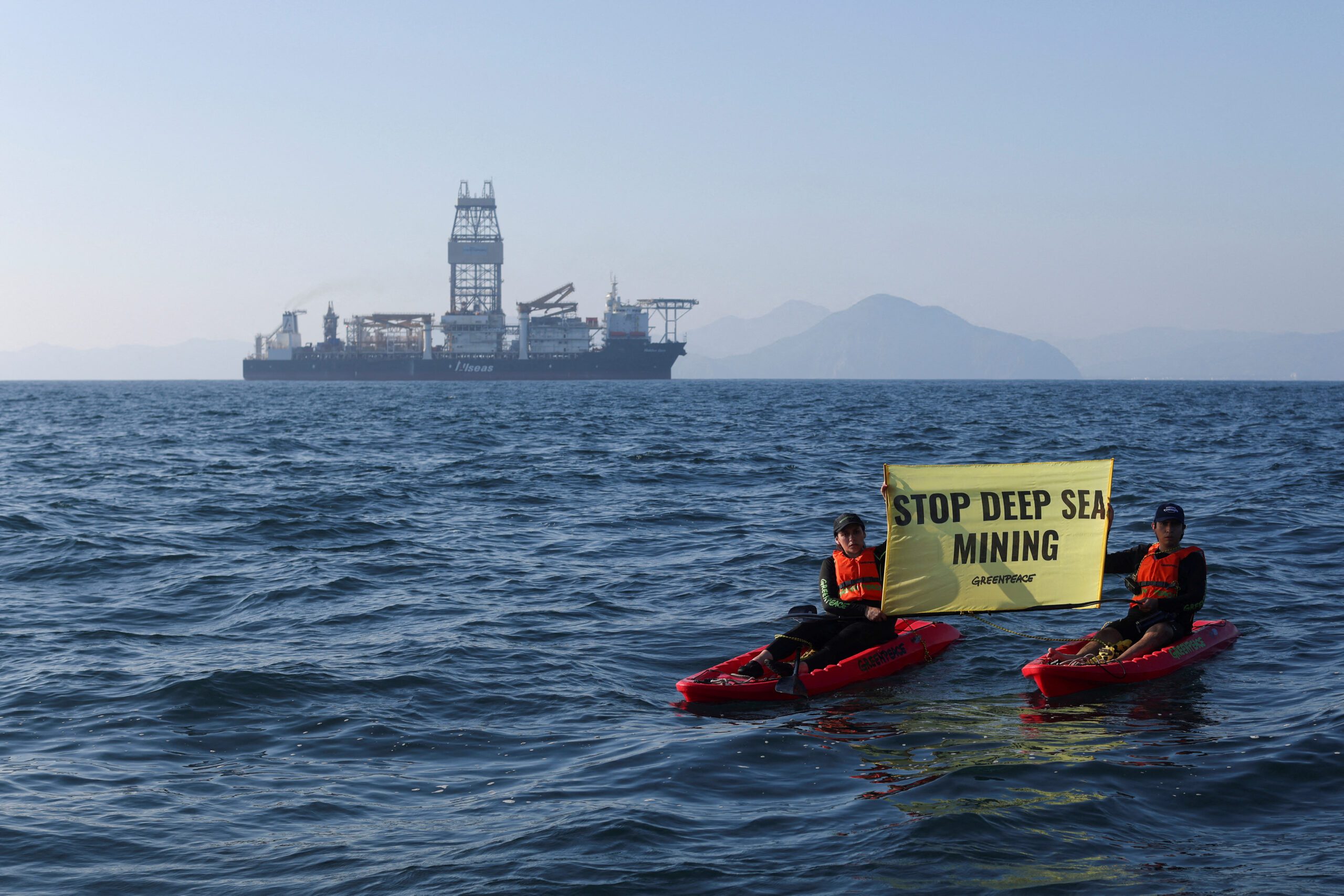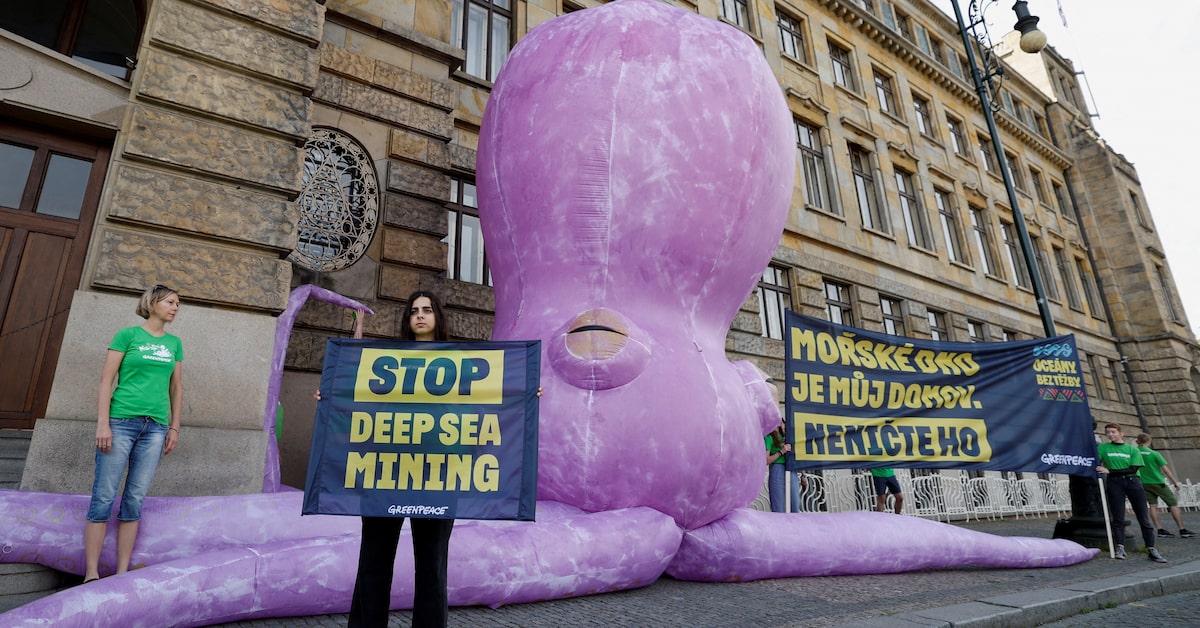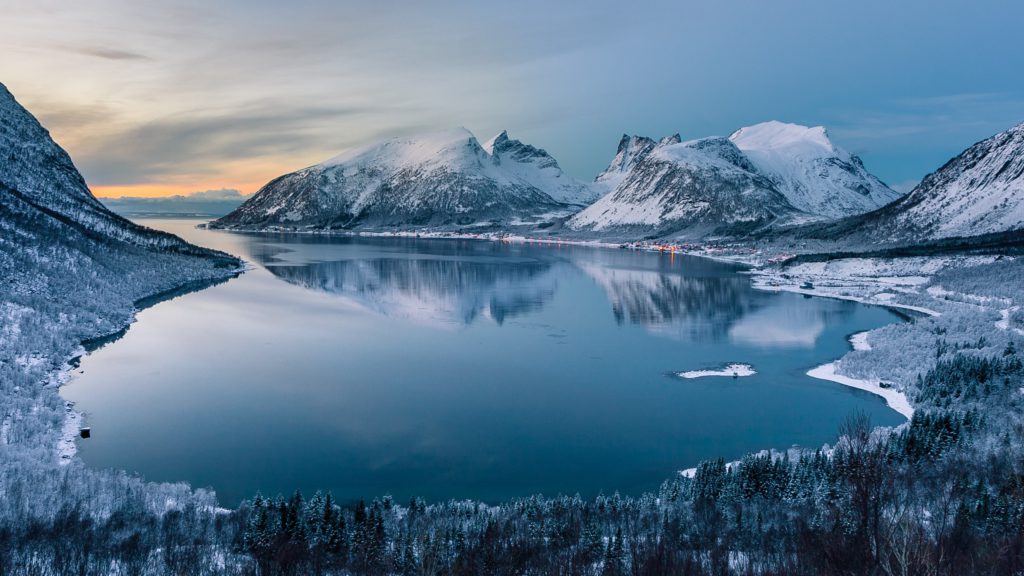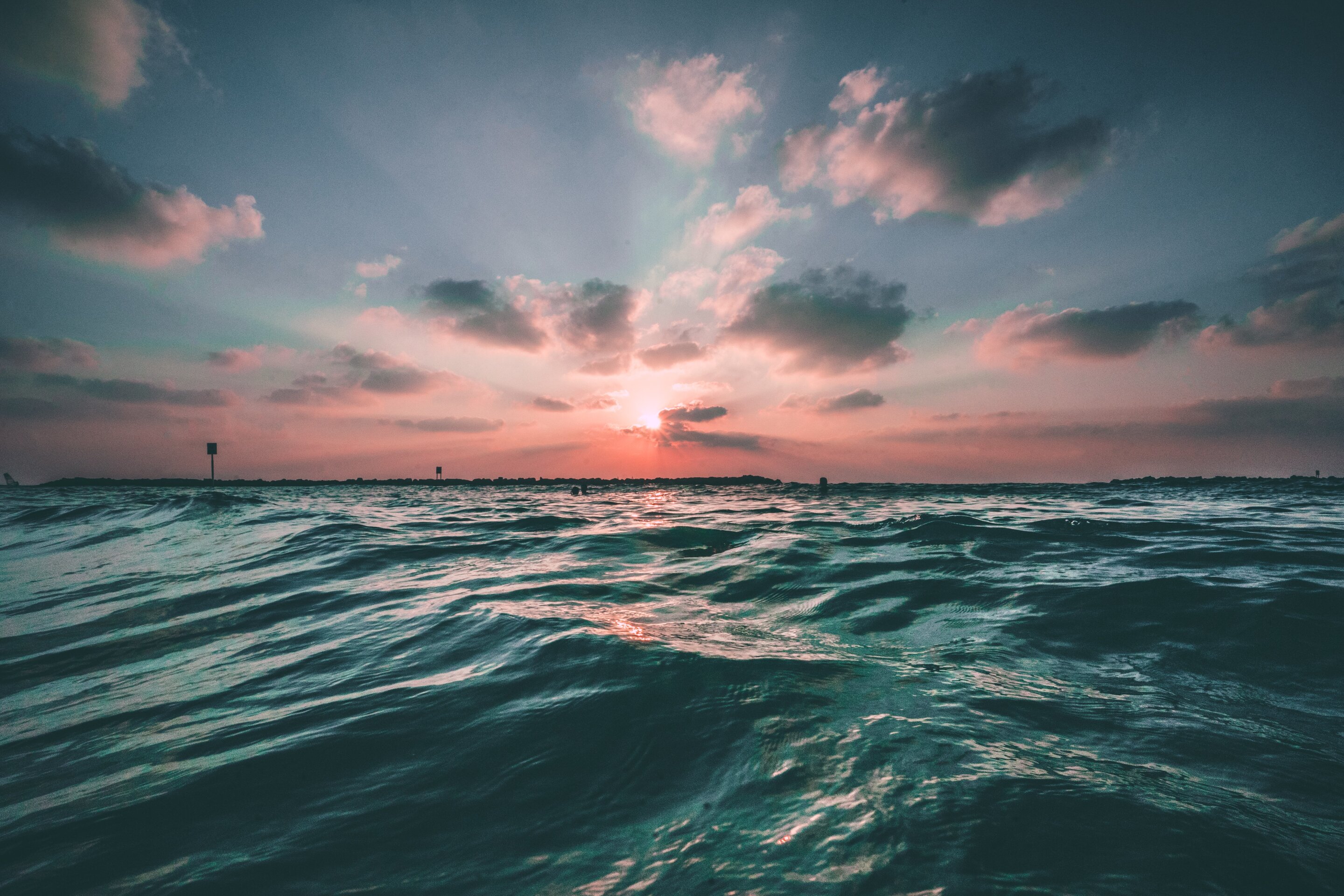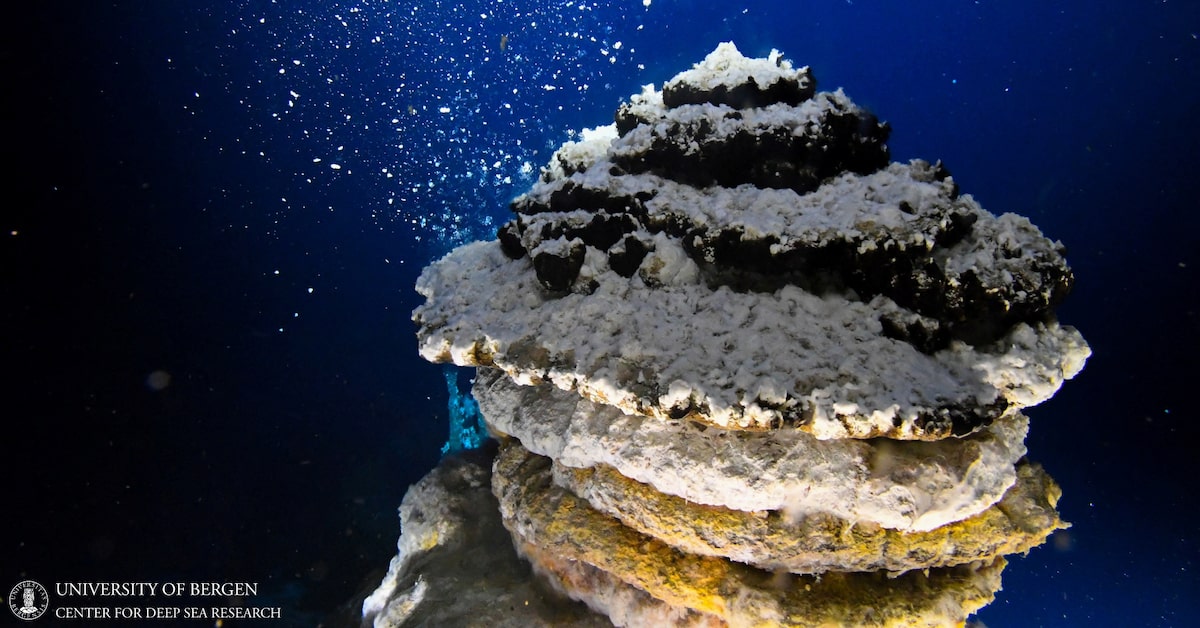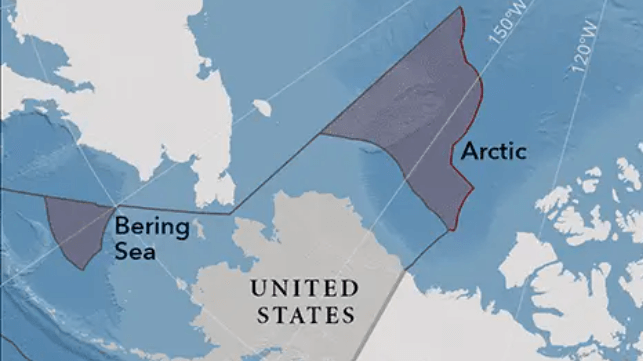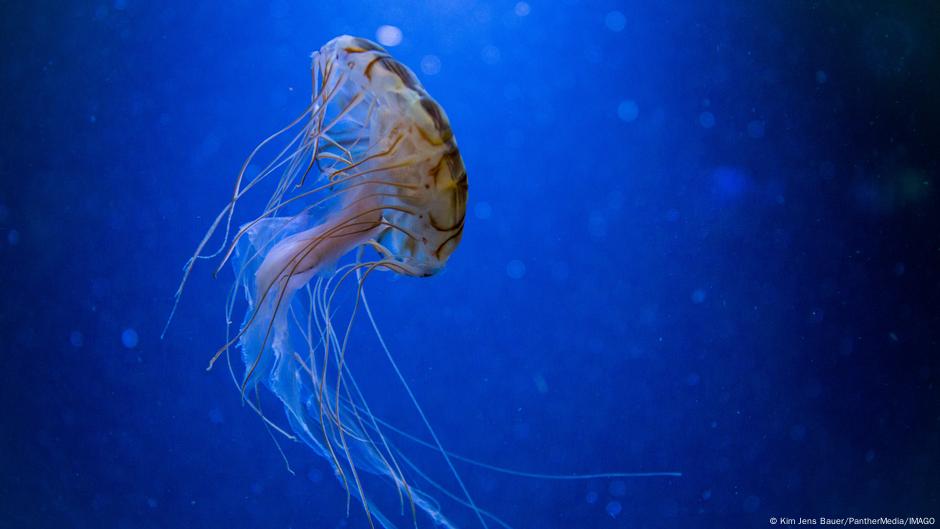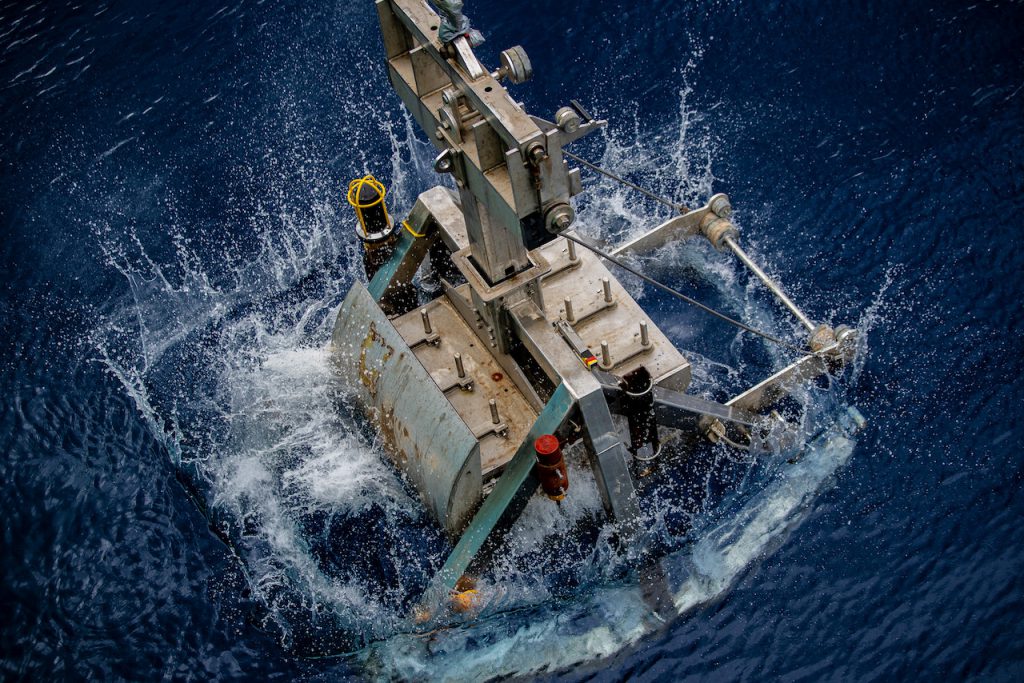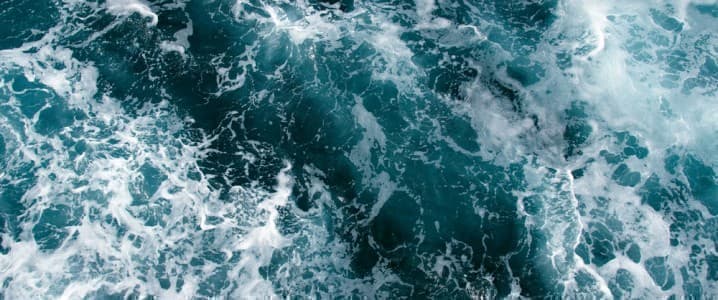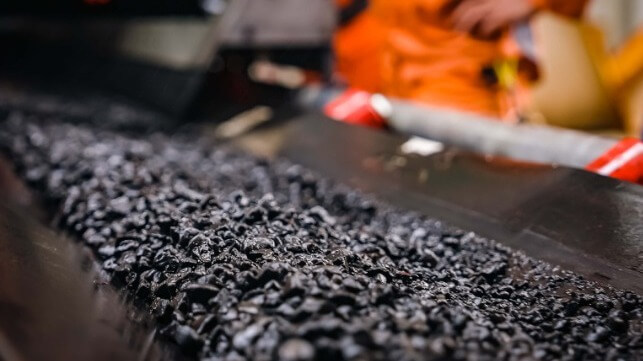- Messages
- 17,846
- Reaction score
- 3,347
- Points
- 288
A growing number of countries are calling to delay plans to strip-mine the seabed for metals to make electric car batteries as US defense giant Lockheed Martin Corp., the biggest corporate player in deep sea mining, exits the nascent industry.
Last week’s sale of Lockheed’s UK Seabed Resources subsidiary to Norwegian startup Loke Marine Minerals was announced just as the United Nations-affiliated organization tasked with regulating deep sea mining kicked off a conference in Jamaica. The International Seabed Authority(ISA) is meeting to hit a July deadline for approving regulations that would allow unique deep ocean ecosystems to be mined as soon as 2024. Tensions at the conference are rising as scientists, lawyers and activists charge the Authority’s administrative arm, known as the Secretariat, with pushing a pro-mining agenda. Last week, some of the ISA’s 167 member nations accused ISA Secretary-General Michael Lodge of overstepping his role as a neutral administrator.
More:
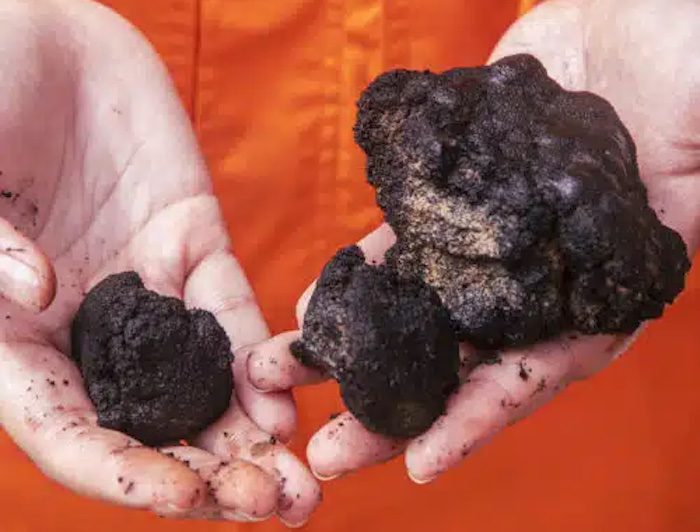
 gcaptain.com
gcaptain.com
Last week’s sale of Lockheed’s UK Seabed Resources subsidiary to Norwegian startup Loke Marine Minerals was announced just as the United Nations-affiliated organization tasked with regulating deep sea mining kicked off a conference in Jamaica. The International Seabed Authority(ISA) is meeting to hit a July deadline for approving regulations that would allow unique deep ocean ecosystems to be mined as soon as 2024. Tensions at the conference are rising as scientists, lawyers and activists charge the Authority’s administrative arm, known as the Secretariat, with pushing a pro-mining agenda. Last week, some of the ISA’s 167 member nations accused ISA Secretary-General Michael Lodge of overstepping his role as a neutral administrator.
More:

Deep Sea Mining Loses its Biggest Corporate Backer
By Todd Woody (Bloomberg) — A growing number of countries are calling to delay plans to strip-mine the seabed for metals to make electric car batteries as US defense giant Lockheed Martin Corp.,...
 gcaptain.com
gcaptain.com

